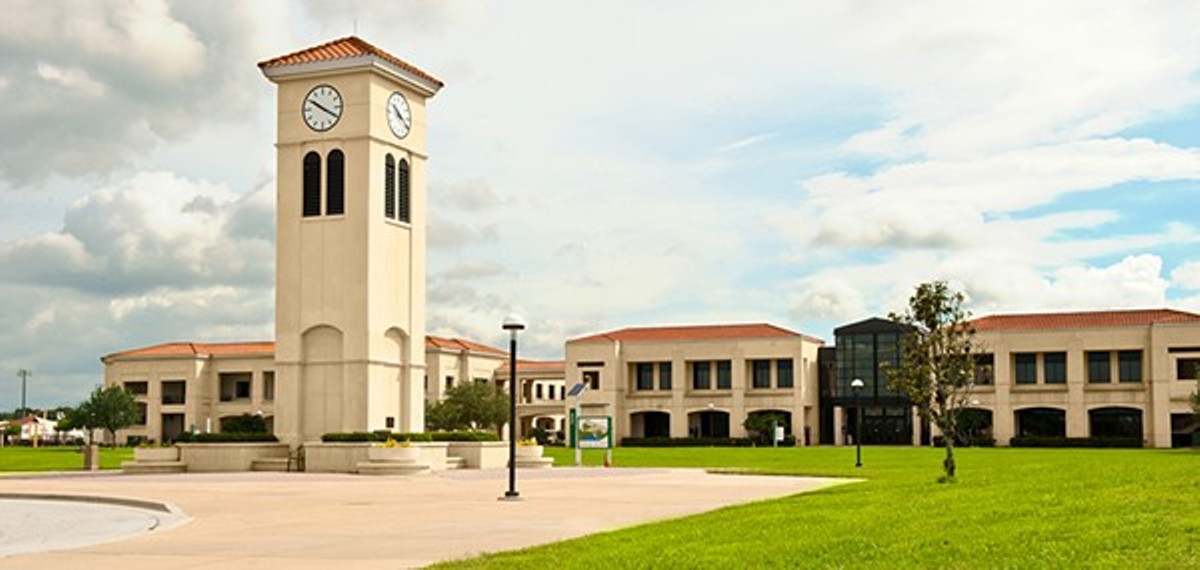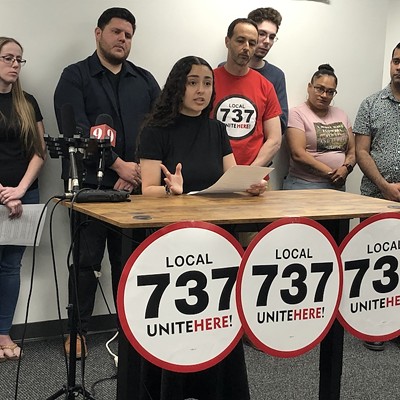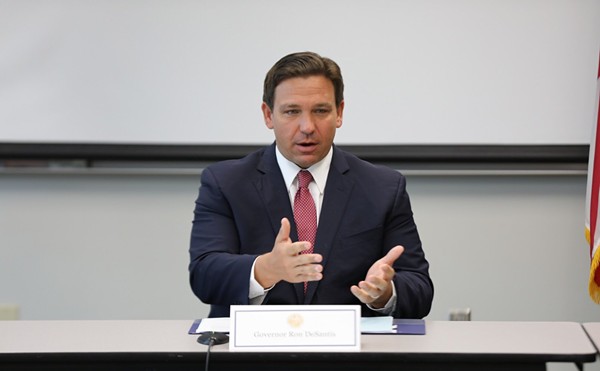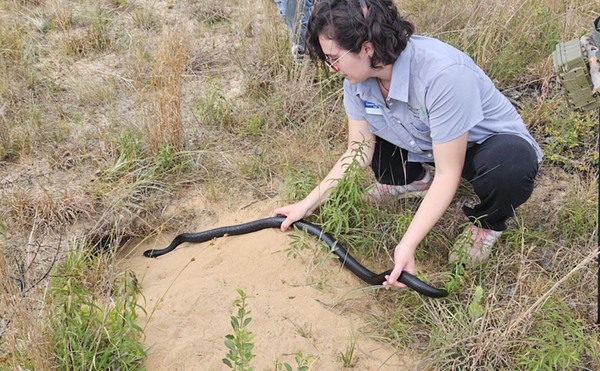Jennifer Copp is at the end of her rope.
The 46-year-old has two degrees in photography, including a Master of Fine Arts. She's taught college students as an adjunct professor for about 14 years, giving lectures on digital photography and design at various institutions across Central Florida.
And yet, Copp only earns $18,000 to $19,000 a year in a career that offers her no benefits. She teaches two to four classes every semester at Seminole State College – but to make ends meet, she also adjuncts at least one other class at Daytona State College, the University of Central Florida or Valencia College. Copp drives around less now because she has to take care of her 7-year-old daughter, who has special needs. To help pay the bills, Copp's 80-year-old mother also teaches part-time at Seminole State.
"I can't make a living in the field I think I'm best cut out for," Copp says. "I can't support my daughter and myself. The pay is so low it forces us onto Medicaid and public assistance. It's just not sustainable."
Copp and other adjunct professors at Seminole State and Valencia have filed for a union election to fight for better wages, job security and standards in higher education. Though they are considered "part-time faculty," adjunct professors make up the bulk of educators at both colleges – about 2,300 instructors. The Service Employees International Union says on average, adjunct professors made about $1,800 for a three-credit course at Valencia and $1,900 for a three-credit course at Seminole State in 2016. A report from SEIU found that an adjunct teaching 12 courses a year might have an annual income between $21,600 to $33,600. Florida lawmakers have refused to increase funding over the last two years for state colleges – and in turn, faculty at Hillsborough Community College, Broward College and the University of South Florida have voted to unionize.
In a statement, a spokesperson for Seminole State said the college is currently reviewing the petition for a union and will respond within the next week.
"We are committed to keeping our adjunct professors informed about the process and will be communicating frequently and openly with the College community," spokesperson Kate Henry said.
In a statement, Valencia spokesperson Carol Traynor said full-time faculty teach about 60 percent of all courses, despite being a smaller group.
"We value the many contributions made by our part-time faculty to our students' success," Traynor said in a statement. "In recognition of their work, Valencia has provided pay increases (including a 3 percent increase in 2017), paid time off for emergencies, and opportunities for free professional development leading to increased compensation and opportunities for advancement. We respect the right of employees to express their views on employment-related issues, including the consideration of joining a union, and provide regular opportunities in open meetings for part-time faculty to share their feedback and experiences directly with college leadership and administrators."
Ryan Rilea, 35, became an adjunct professor in political science at Valencia after finishing his master's degree in 2012.
"I love politics, and I always wanted to be a professor," he says. "I thought I could make this into a career when I started. The implication, not just from administration, but from leadership, was that Valencia was a place of growth, a place of opportunity. What I realized being an adjunct was that it's a completely insecure working situation."
Rilea says there's only one full-time tenure track opportunity for a political science professor at Valencia, and the position hasn't opened up in the years he's worked there. He teaches the maximum course load he's allowed at Valencia – four three-credit classes – but that's not enough to live on, so Rilea also adjuncts two to three more courses at other institutions, including Eastern Florida State College in Titusville. Like the majority of adjuncts, he doesn't have a personal space where he can meet students during office hours – at Valencia, there's a communal office for adjunct professors, but sometimes it can be difficult to have conversations with students there.
The main issue, though, for Rilea and other adjunct professors is the insecurity surrounding class scheduling. Rilea says he's scheduled to teach two classes over the summer semester, but five days before classes start, he still hasn't signed a contract for those classes. Without a contract, those classes could be reassigned to another professor or canceled without compensation. For Rilea, losing one class also means losing about 10 percent of his income for the year.
"This affects our ability to make a living and affects our ability to deliver for our students," he says. "They expect us to just show up, shut up and teach. And if we don't like it or can't make it, the message is clear – you are replaceable."
Patricia Lois Nuss is applying for full-time jobs while she works as an adjunct professor at the Southeast Center for Photographic Studies in Daytona Beach. At her peak, Nuss was teaching five to six classes and making about $25,000 – though she did have to commute between four different Central Florida campuses. Now, she teaches about two to three classes and makes under $15,000. The 32-year-old says if she can't get a full-time professorship, she might go back to school to become a physical therapist for the money and health care.
"For me, it sucks, but I am a little bit privileged," she says. "You have to have a spouse willing to support you, because you're not going to make enough money."
Brittany Metz, 36, teaches seven classes per semester at Valencia, Seminole State and Stetson University in art design, art history and digital media. In between teaching, grading and attending to students' needs, Metz estimates she works about 50 hours a week. While she enjoys the flexibility of being an adjunct professor, she says the job can be stressful – especially when a college cancels your contract at the last minute, leaving you without a good chunk of anticipated income.
Metz says she wants to learn more about the union before she votes. "You get used to not having benefits like health insurance," she says. "Why should it be like that? I'm working really hard, and I feel like I'm behaving like a full-time employee. You don't really see light at the end of the tunnel. Not that I give up hope, but I have to accept that a full-time job at this school is not in my future."



















